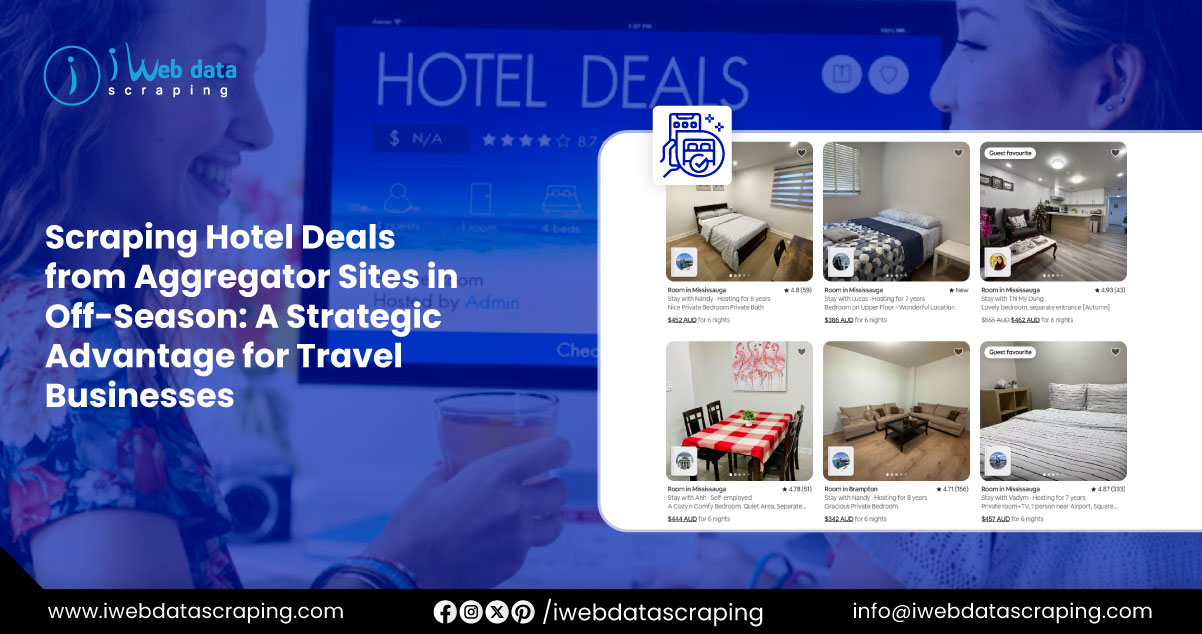Introduction
The hospitality industry is highly seasonal, with peak periods generating the majority of
bookings and off-seasons presenting unique opportunities for revenue optimization. Travelers
increasingly rely on aggregator platforms to compare hotel rates, uncover discounts, and make
informed booking decisions. For businesses, understanding these patterns is critical to
maintaining competitiveness and maximizing profitability.
Scraping Hotel Deals from Aggregator Sites in Off-Season allows travel companies, online booking
platforms, and hotel chains to gather comprehensive, real-time data on pricing, discounts, and
promotional campaigns. Additionally, by utilizing tools to Scrape Dynamic Hotel Deal Data from
Aggregators Sites, businesses can strategically adjust pricing, optimize marketing campaigns,
and improve occupancy during periods of low demand.
In parallel, Hotel Price Monitoring During Off-Season ensures that companies remain agile in
responding to competitor strategies while identifying new opportunities to attract travelers.
Objectives
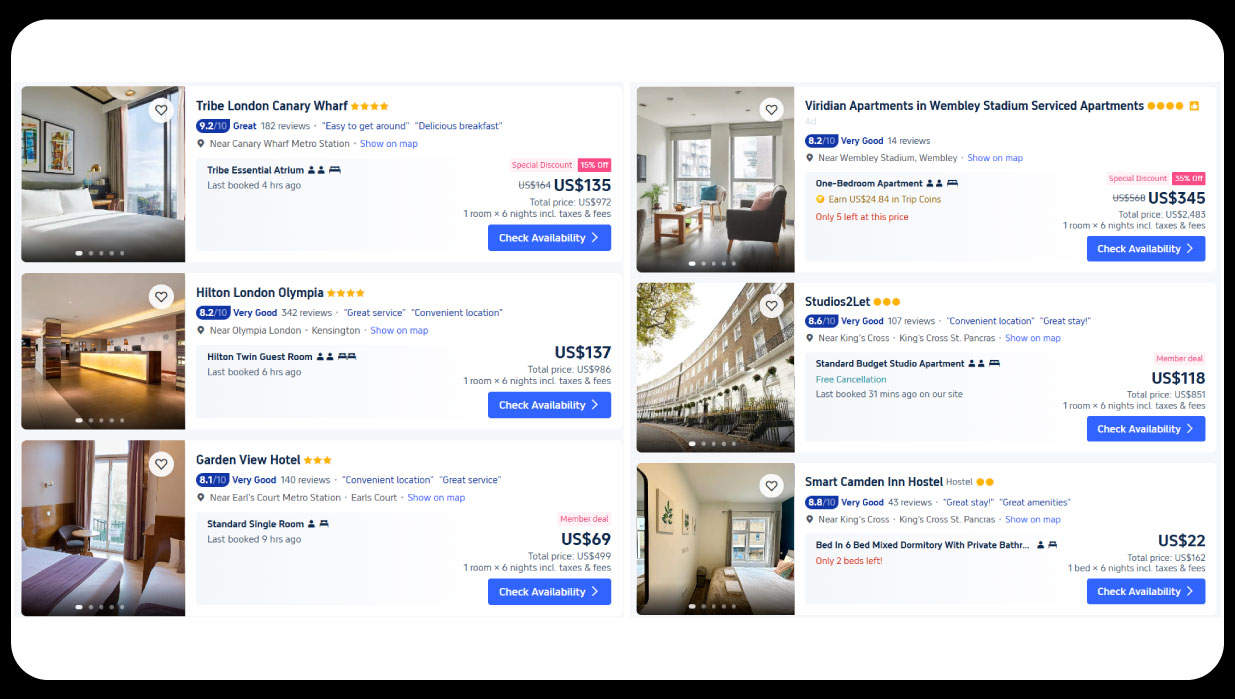
The primary objectives of this research report are:
- Data Acquisition – Collect accurate and comprehensive hotel pricing and
discount information from aggregator platforms during off-season periods.
- Market Trend Analysis – Identify seasonal pricing trends, promotional
patterns, and discount strategies.
- Competitive Benchmarking – Compare hotel rates across platforms and
locations to evaluate market competitiveness.
- Consumer Insight – Understand traveler preferences based on discount uptake
and room selection trends.
- Revenue Optimization – Enable data-driven decision-making for pricing,
promotions, and occupancy management.
By achieving these objectives, businesses can enhance strategic planning, optimize off-season
revenue, and improve customer engagement.
Methodology
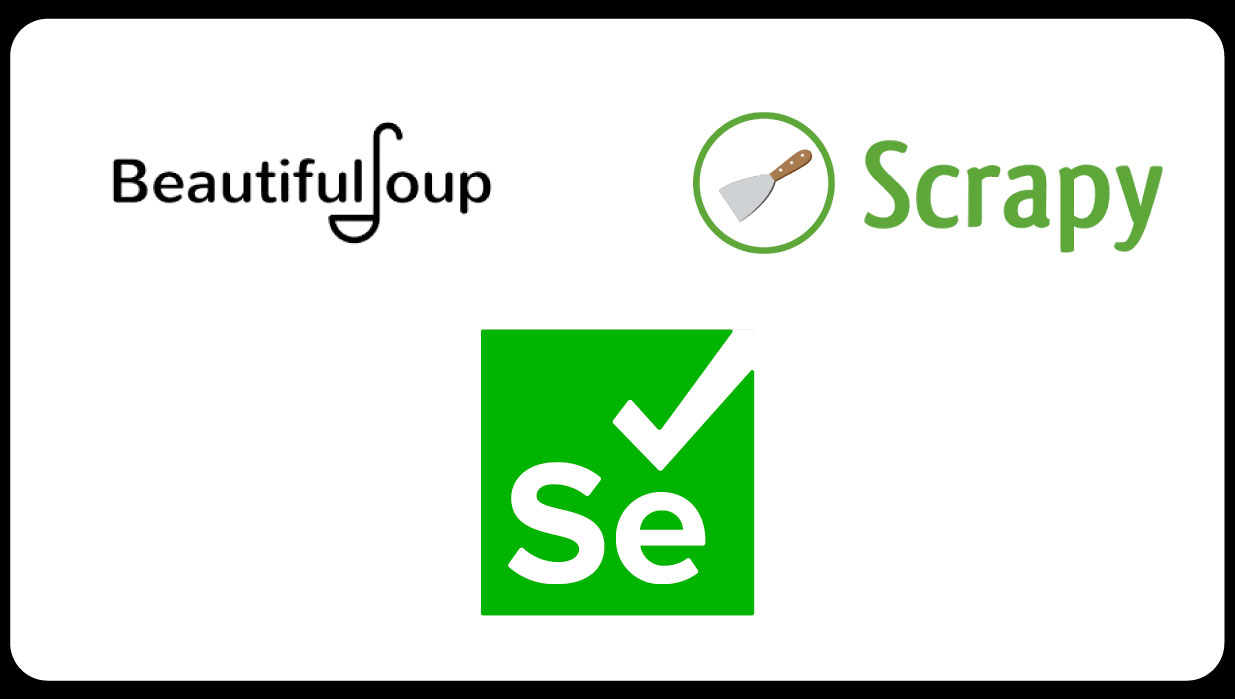
The methodology for scraping off-season hotel deals involves a structured, multi-step approach:
- Target Platform Selection – Identify key aggregator websites such as
Booking.com, Expedia, Agoda, and Hotels.com, which provide real-time deal information.
- Web Crawling – Develop automated crawlers that navigate hotel listings,
extracting key attributes including room rates, discounts, amenities, and booking
conditions.
- Data Extraction & Structuring – Utilize parsing tools like BeautifulSoup,
Scrapy, and Selenium to capture structured datasets containing pricing, discount
percentages, stay duration, and location.
- Data Cleaning & Validation – Standardize currency, dates, and discount
formats; remove duplicates and validate promotions for accuracy.
- Storage & Visualization – Store datasets in databases for analysis and
visualization, enabling actionable insights.
- Continuous Monitoring – Schedule scraping tasks to run periodically to
capture dynamic changes in pricing, ensuring up-to-date market intelligence.
Using our services to Extract Hotel Discounts Data in Off-Season, businesses can
automate collection processes, save operational costs, and maintain real-time awareness of
competitor offerings.
Key Analysis
-
Seasonal Pricing Patterns
Off-season hotel pricing is shaped by lower occupancy rates, regional events, and
targeted promotional campaigns. To attract travelers, hotels typically roll out
discounted rates ranging between 20% and 35%, especially in competitive markets like the
UAE and the UK. Aggregator platforms often showcase dynamic pricing structures that
fluctuate rapidly, making real-time monitoring essential for accurate market insights.
Businesses aiming to Extract Seasonal Hotel Discounts and Price Drops can leverage
advanced scraping solutions to identify hidden opportunities, optimize travel packages,
and stay competitive during low-demand periods.
-
Competitive Benchmarking
By comparing room rates across multiple platforms, businesses can identify pricing gaps,
assess competitor strategies, and adjust their rates accordingly. Using Web Scraping
Hotel Deals During Off-Seasons, analysts can determine which properties offer the most
attractive promotions and identify underpriced inventory.
-
Consumer Behavior Insights
Analysis of discount uptake, room preferences, and booking lead times provides critical
insights into evolving traveler behavior. By identifying which discounts most
effectively drive bookings, businesses can design more personalized marketing campaigns
and tailor package deals to maximize conversion rates. Leveraging Price
Monitoring
Services ensures continuous tracking of market shifts, competitor pricing
strategies,
and consumer response patterns, ultimately enabling hotels and travel platforms to
refine their offerings, improve revenue management, and deliver dynamic,
value-driven
deals in competitive off-season markets.
Observations from Sample Data
Table 1: Off-Season Hotel Deals
| Oceanview Resort |
Dubai, UAE |
250 |
175 |
30% |
Mar 15 – Mar 20 |
Booking.com |
| Mountain Lodge |
London, UK |
180 |
135 |
25% |
Jan 10 – Jan 15 |
Expedia |
| City Center Inn |
Dubai, UAE |
200 |
150 |
25% |
Feb 5 – Feb 10 |
Agoda |
| Riverside Hotel |
London, UK |
220 |
176 |
20% |
Dec 15 – Dec 20 |
Booking.com |
| Desert Oasis |
Dubai, UAE |
300 |
210 |
30% |
Mar 1 – Mar 5 |
Expedia |
Observations
- Discounts range from 20% to 30%, highlighting the significant off-season opportunities for
travelers.
- Dubai properties offered slightly higher discounts (25–30%) compared to UK hotels (20–25%),
possibly reflecting higher variability in demand.
- Aggregator platforms like Booking.com and Expedia dominate off-season promotions, suggesting
their influence on market visibility.
- Early booking in off-season periods captures the highest discounts, indicating a potential
strategy for travel agencies and aggregators.
Table 2: Seasonal Hotel Price Trends
| January |
200 |
160 |
20% |
Expedia |
| February |
220 |
170 |
23% |
Booking.com |
| March |
240 |
180 |
25% |
Agoda |
| April |
230 |
185 |
20% |
Expedia |
| May |
250 |
190 |
24% |
Booking.com |
Observations
- Discounts peak in March (25%), aligning with low-demand periods in both UAE and UK markets.
- Expedia shows consistent activity in early months, while Booking.com and Agoda gain traction
in late winter and early spring.
- Original prices fluctuate slightly due to seasonal factors, but the discount structure
ensures competitive booking incentives.
- Data indicates that off-season monitoring allows businesses to identify optimal timing for
promotions and dynamic pricing adjustments.
Applications of Scraped Off-Season Hotel Data
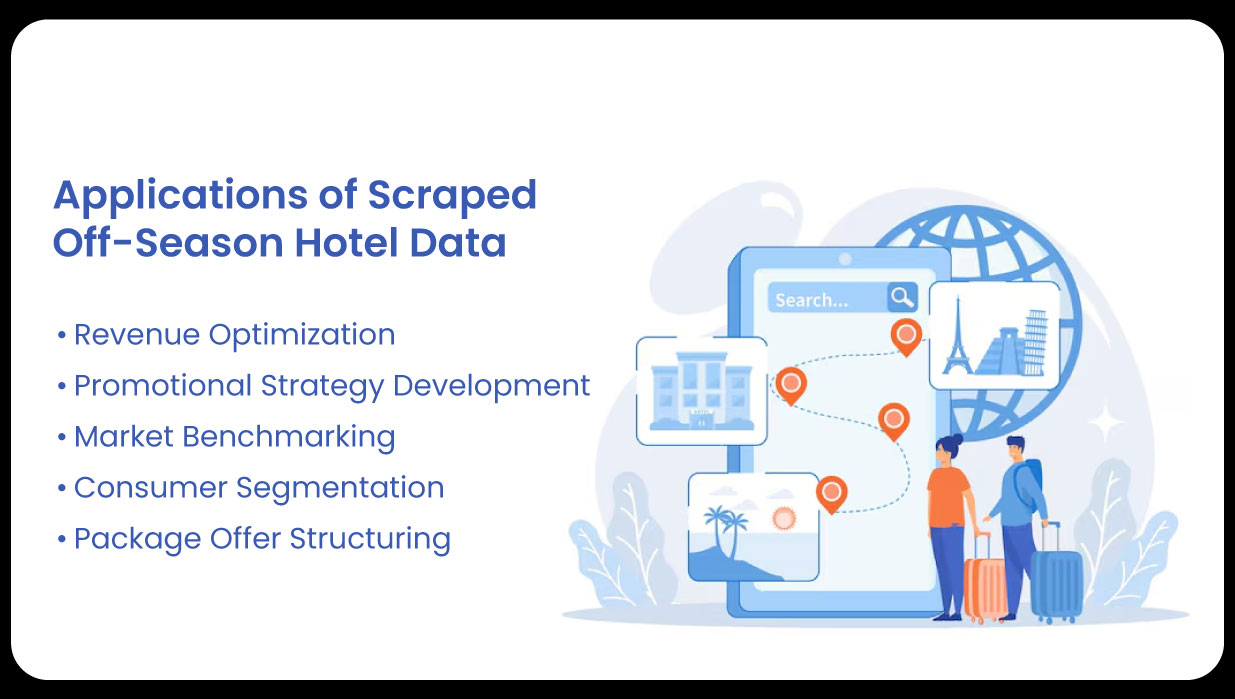
- Revenue Optimization – Adjust pricing dynamically to maximize occupancy and
revenue during low-demand periods.
- Promotional Strategy Development – Tailor discount campaigns based on
observed trends and competitor offers.
- Market Benchmarking – Compare properties across multiple aggregators to
ensure competitive pricing.
- Consumer Segmentation – Identify traveler preferences for off-season
bookings, enabling targeted marketing campaigns.
- Package Offer Structuring – Combine discounted hotel stays with flights,
rentals, or experiences for value-driven travel packages.
Scraping Seasonal Hotel Pricing from Aggregator Platforms ensures that businesses maintain
visibility on market trends and adapt pricing strategies to maximize profitability.
Key Observations and Insights
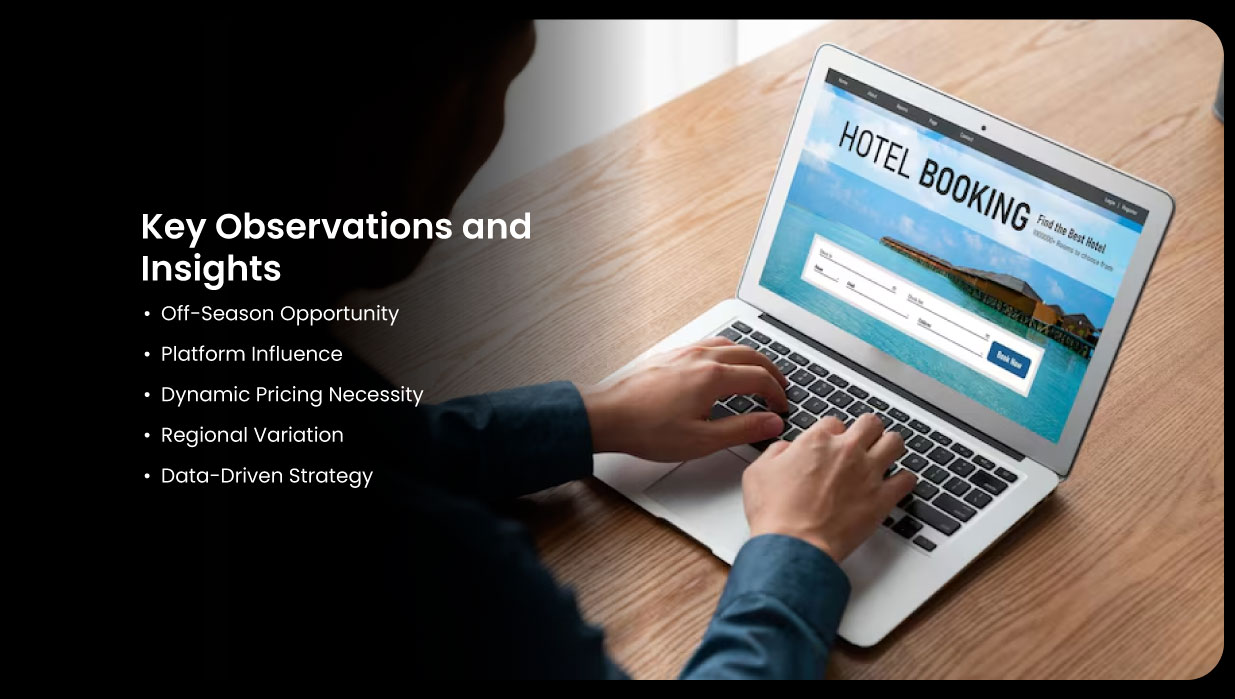
- Off-Season Opportunity: Hotels that implement strategic discounting capture
travelers who might otherwise defer bookings.
- Platform Influence: Aggregator platforms strongly influence pricing and
visibility; monitoring multiple platforms provides a more holistic perspective.
- Dynamic Pricing Necessity: Prices fluctuate daily based on occupancy,
competitor actions, and promotions, emphasizing the need for real-time data collection.
- Regional Variation: Dubai hotels tend to offer higher discounts than UK
hotels during off-season, reflecting regional differences in demand patterns.
- Data-Driven Strategy: Scraping provides actionable insights that go beyond
rates, including preferred stay dates, occupancy trends, and discount effectiveness.
Future Trends in Hotel Deal Scraping

- Integration with AI & Machine Learning: Predictive analytics can
forecast occupancy and optimal discount rates.
- Cross-Market Intelligence: Combine hotel data with airline, rental, and
package insights for end-to-end travel intelligence.
- Personalized Offers: Data-driven targeting allows for tailored promotions
based on traveler behavior and preferences.
- Automated Dashboards: Real-time scraping enables dynamic dashboards for
revenue managers and travel agencies.
- Advanced BI Integration: Enhanced reporting with visualization tools allows
stakeholders to quickly identify trends and respond effectively.
Conclusion
Hotel Data
Scraping Services provide an essential competitive advantage for hospitality
businesses during off-season periods. By leveraging automated tools to Extract
Airline,
Hotel &
Rental Data , companies can monitor discount trends, occupancy patterns, and competitor
strategies. Combined with Hotel Rates
and Review Datasets , these insights enable strategic
pricing, effective promotions, and enhanced traveler targeting.
Web Scraping Hotel Deals During Off-Seasons is more than a technical solution—it is a strategic
business tool. Firms that implement these practices can maximize off-season revenue, improve
market responsiveness, and deliver competitive, personalized travel offerings, securing
long-term growth and customer satisfaction.
Experience top-notch web scraping
service
and mobile app scraping solutions with iWeb
Data
Scraping. Our skilled team excels in extracting various data sets, including retail store locations and beyond. Connect with us
today to learn how our customized services can address your unique project needs, delivering
the
highest efficiency and dependability for all your data requirements.

